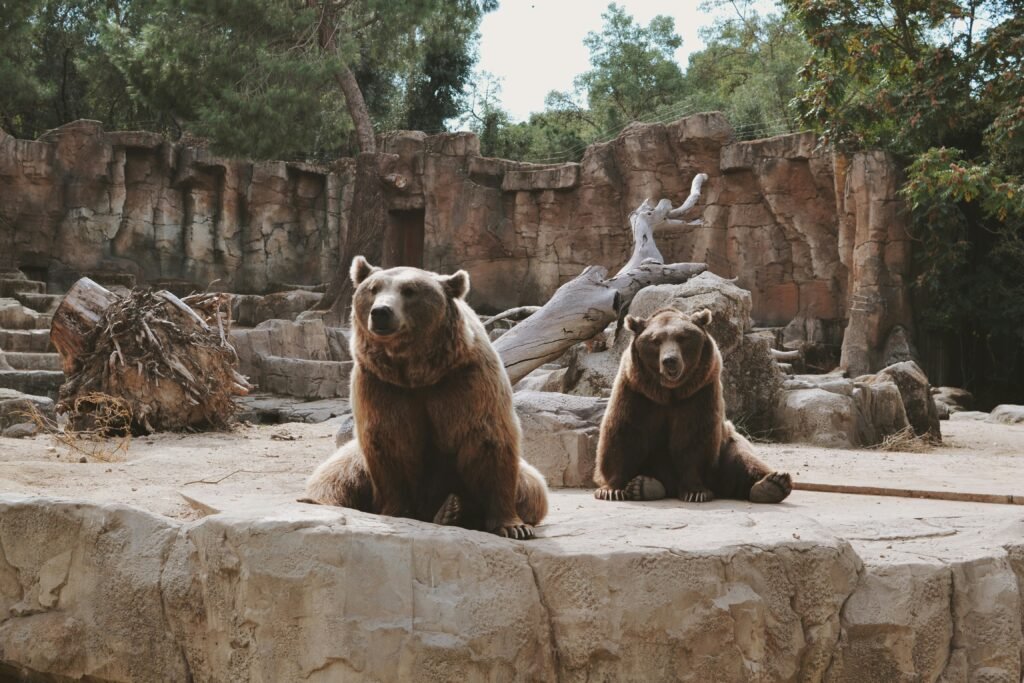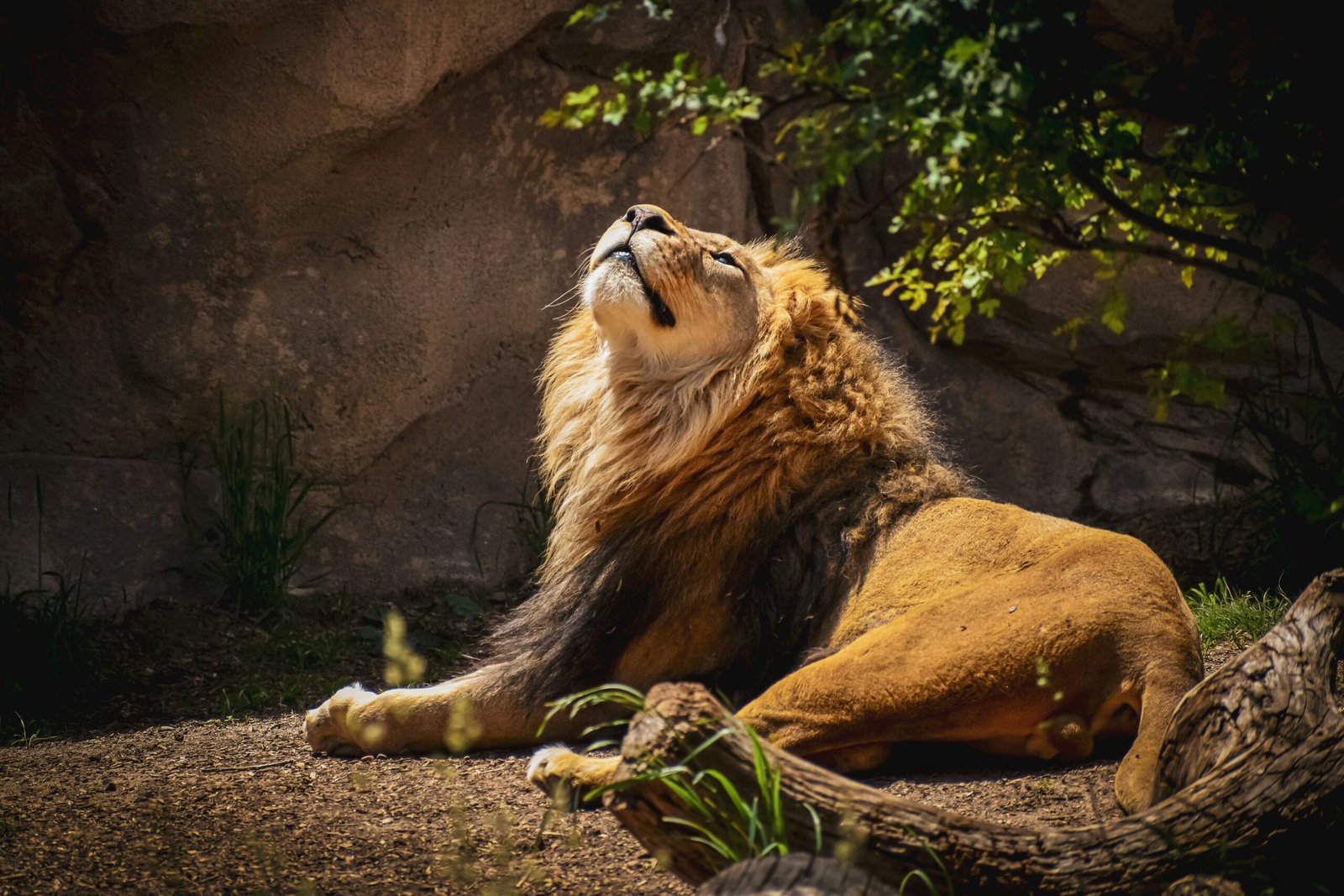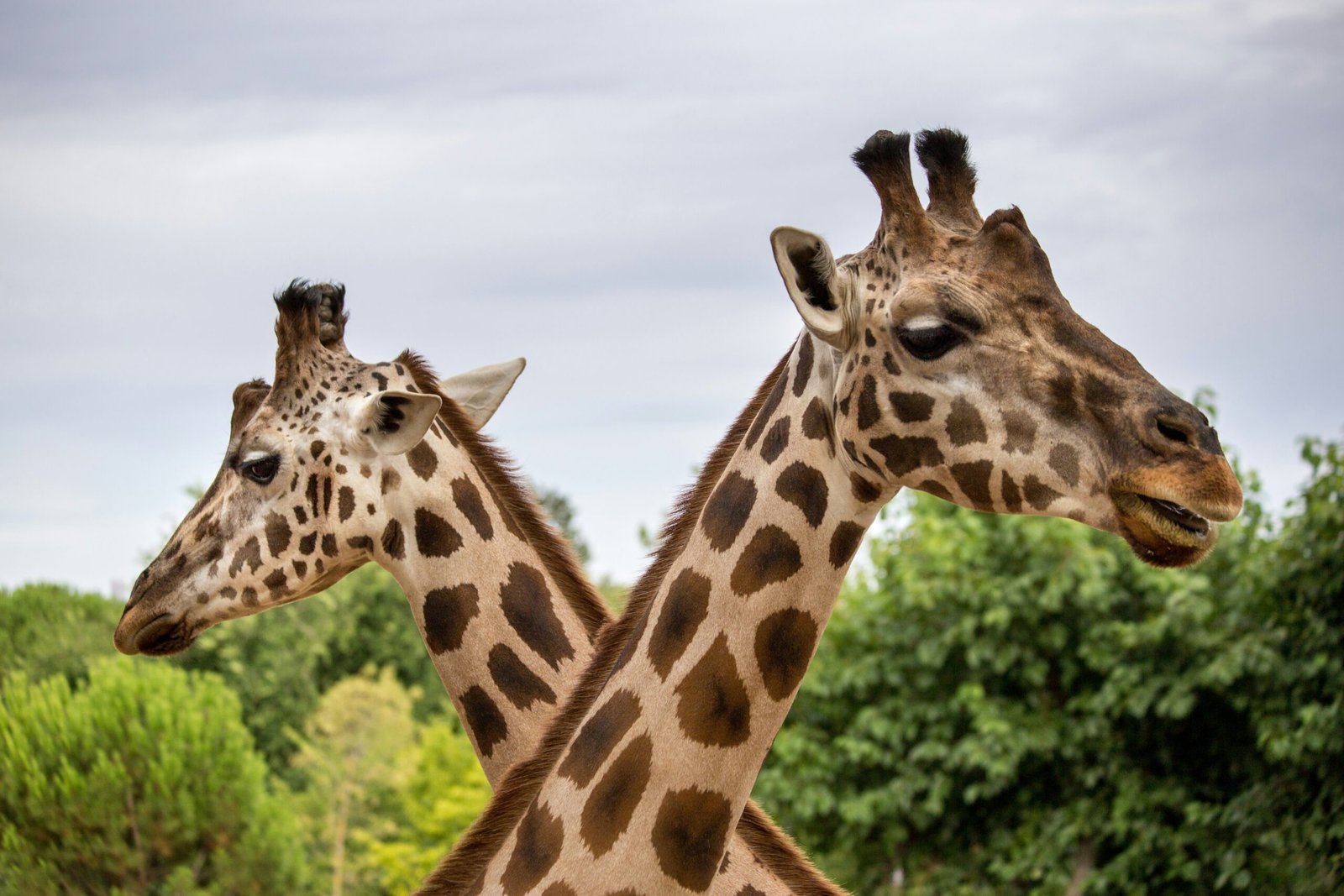Introduction to the Denver Zoo

The Denver Zoo, set within the vibrant expanse of Denver’s City Park, has remained a cornerstone of the city’s cultural and educational fabric since its founding in 1896. Spanning over 80 meticulously maintained acres, the zoo has grown significantly over the years, becoming one of Denver’s most cherished attractions. Home to an impressive collection of more than 4,000 animals, it proudly represents over 600 species from diverse ecosystems ranging from the African savannah to the tropical rainforests.
Historically, the Denver Zoo began with the remarkable donation of an American black bear, initiating a legacy that stands robust today. The zoo’s evolution has been marked by groundbreaking developments and enhancements designed to enrich both animal welfare and visitor experience.
At the core of the Denver Zoo’s mission lies a steadfast dedication to wildlife conservation. The institution’s ambitious initiatives include habitat preservation efforts, breeding programs to protect endangered species, and partnering with global conservation entities. By addressing critical environmental issues, the zoo exemplifies responsible stewardship of the natural world, benefiting countless species and ecosystems.
Equally integral to its mission is the emphasis on education. The Denver Zoo offers a plethora of educational programs that cater to a wide array of audiences, from inquisitive students to lifelong learners. Through interactive exhibits, informative tours, and hands-on learning opportunities, the zoo fosters a deeper appreciation and understanding of the animal kingdom. Such efforts not only enlighten visitors but also galvanize community involvement in conservation activities.
Ultimately, the Denver Zoo is committed to providing an enriching and enjoyable experience for visitors of all ages. By harmonizing entertainment with education and conservation, it ensures that each visit is not only memorable but also meaningful, reflecting the zoo’s enduring legacy of connecting people with nature.
Exhibits and Animal Encounters

The Denver Zoo boasts an array of captivating exhibits that present a diverse glimpse into the world of wildlife. One of the standout attractions is Tropical Discovery, an immersive rainforest environment teeming with exotic flora and fauna. Visitors can marvel at reptiles, amphibians, and a vibrant collection of tropical birds. The Primate Panorama is another highlight, where guests can observe a variety of primates, from agile lemurs to majestic gorillas, within habitats designed to mirror their natural surroundings.
Predator Ridge is a must-see for those intrigued by the world’s most formidable carnivores. This exhibit features lions, hyenas, and African wild dogs in a dynamic environment that simulates the African savanna. Each animal encounter is not only thrilling but also educational, providing insights into the behaviors and conservation of these remarkable creatures. The newly inaugurated Harmony Hill offers an innovative perspective on North American wildlife, showcasing species like the grizzly bear and mountain lion in carefully curated habitats that highlight the interdependence between predator and prey.
Interactive animal encounters are an integral part of the Denver Zoo experience. Feeding sessions allow visitors to participate in the nourishment of giraffes and sea lions, creating unforgettable moments of connection with these magnificent animals. Additionally, the zoo hosts daily demonstrations and educational talks where visitors can learn about animal care, behavior, and the zoo’s ongoing conservation efforts.
A significant emphasis is placed on the conservation of rare and endangered species. The Denver Zoo is home to several such species, including the Amur leopard, Sumatran orangutan, and the critically endangered Bornean orangutan. Through meticulous breeding programs and international partnerships, the zoo contributes meaningfully to the preservation of these species, underscoring its role in global wildlife conservation.
Educational Programs and Events

The Denver Zoo offers a variety of educational programs and events for visitors of all ages. A key program is the school field trip initiative. Students get the chance to interact with wildlife, enhancing their classroom lessons with real-world experiences. These trips align with curriculum standards, making them both fun and educational.
During summer, the zoo hosts popular summer camps. Kids enjoy hands-on learning, animal encounters, and conservation projects. These camps provide a deeper understanding of nature while teaching the importance of wildlife conservation.
For a more in-depth experience, the zoo offers specialized tours. Participants can go behind the scenes to see daily animal care, veterinary practices, and conservation efforts. These tours are perfect for those with specific interests, like animal training or zoo operations.
The Denver Zoo also hosts exciting events year-round. Zoo Lights is a winter favorite with stunning light displays, while Boo at the Zoo offers Halloween fun with trick-or-treat stations and themed activities. The zoo also holds workshops and lectures on wildlife conservation, often led by experts in the field.
All these activities not only entertain but also support the zoo’s mission of wildlife conservation. Visitors leave with a greater appreciation for the natural world and a deeper understanding of conservation efforts.
Visitor Information and Tips
Planning a visit to the Denver Zoo can ensure a delightful and unforgettable experience. The zoo opens its doors at 10 AM and closes at 5 PM, with extended summer hours allowing guests to explore until 6 PM. Admission prices vary, with adults paying $20, children (ages 3-11) at $14, and seniors (ages 65+) at $17. For frequent visitors, a membership can be a valuable investment, offering unlimited visits, exclusive events, and discounts.
Choosing the right time to visit is crucial to avoid congested pathways and lengthy wait times. Weekdays, especially during the early hours, often see fewer guests compared to weekends and holidays. To elevate your visit, consider timing it during the shoulder seasons of spring and fall, when the weather is pleasant, and the zoo is less crowded.
The Denver Zoo strives to accommodate all visitors, offering numerous amenities to enhance convenience and accessibility. Dining options range from quick snacks at food kiosks to meals at restaurants like the Zoo Gardens Café. Gift shops scattered throughout the zoo provide an array of souvenirs, from plush animals to educational toys. For families with young children, stroller rentals are available for a nominal fee. The zoo is also wheelchair-friendly, ensuring a comfortable experience for visitors with disabilities.
To maximize your visit, planning your route in advance can help you see must-see exhibits efficiently. Highlights include the Elephant Passage, Predator Ridge, and the Tropical Discovery exhibit. Interactive experiences, like feeding giraffes or the carousel, offer memorable moments that shouldn’t be missed.
With thoughtful planning and these helpful tips, your visit to the Denver Zoo can be both enriching and enjoyable. By being informed and prepared, you ensure a seamless experience, allowing you to immerse yourself in the wonders of wildlife.







